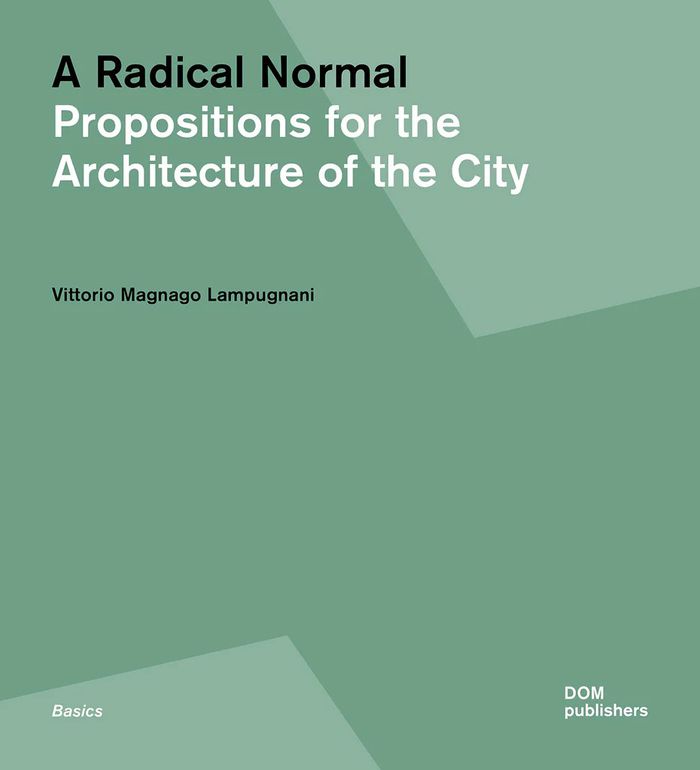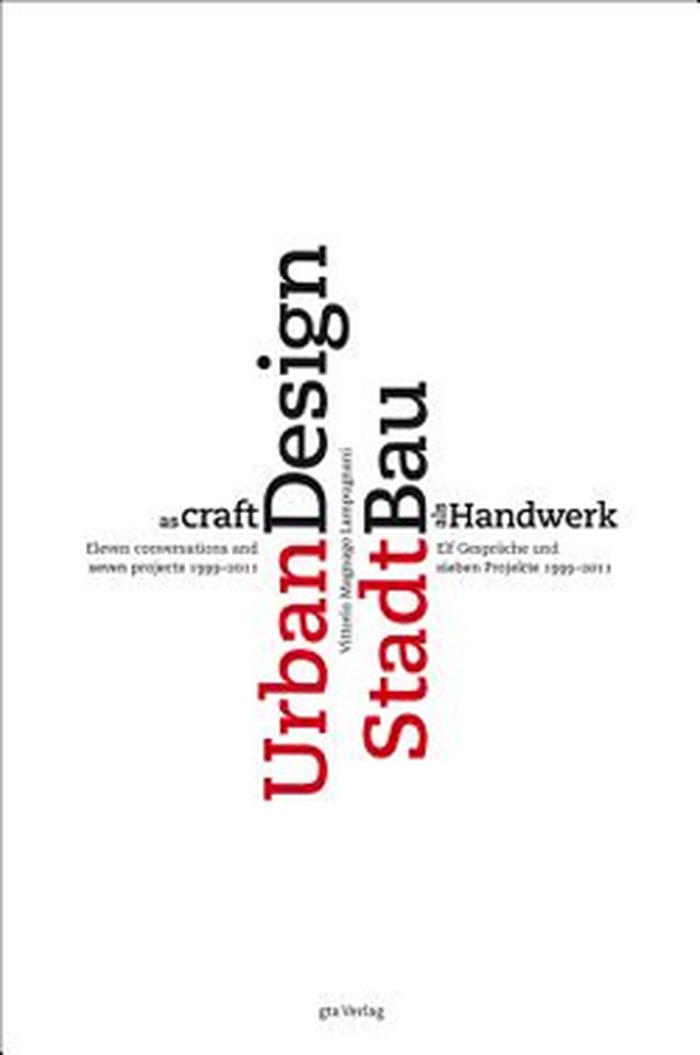$54.95
(disponible sur commande)
Résumé:
The cycle of production and consumption, artificially accelerated by advertising and marketing, has characterised our society for decades. This cycle has recently also taken hold of the architecture of the city, leading to a waste that is both economically and ecologically unacceptable. The destruction of buildings that are not actually obsolete is just as questionable as(...)
Radical normal: Propositions for the architecture of the city
Actions:
Prix:
$54.95
(disponible sur commande)
Résumé:
The cycle of production and consumption, artificially accelerated by advertising and marketing, has characterised our society for decades. This cycle has recently also taken hold of the architecture of the city, leading to a waste that is both economically and ecologically unacceptable. The destruction of buildings that are not actually obsolete is just as questionable as the production of extravagant architectures for which there is no real need. This book is a protest against the merciless globalisation of the city and its dissolution into faceless, inhospitable peripheries. At the same time, it puts forward alternative strategies of urban design to counteract such globalisation and dissolution. It formulates a different approach to urbanism, one which views the city not as a carnivalesque display of vanities but as a sophisticated spatial construction that lays down the conditions for a productive, sociable, serene, and happy life.
Théorie de l’architecture
$60.95
(disponible en magasin)
Résumé:
In eleven pointed and sometimes provocative conversations, architect and professor of architecture, Vittorio Magnago Lampugnani uses a critique of contemporary urban planning to develop principles for reestablishing the discipline. In seven projects designed with these principles in mind, he shows how his vigorous reinterpretation of the field can be implemented and what(...)
Urban design as craft : eleven conversations and seven projects, 1999-2011
Actions:
Prix:
$60.95
(disponible en magasin)
Résumé:
In eleven pointed and sometimes provocative conversations, architect and professor of architecture, Vittorio Magnago Lampugnani uses a critique of contemporary urban planning to develop principles for reestablishing the discipline. In seven projects designed with these principles in mind, he shows how his vigorous reinterpretation of the field can be implemented and what a fresh start can look like. Magnago Lampugnani envisages a calm modern city that can measure itself against the historic city, while emphasizing sustainability and providing a home for a multifaceted and continually changing society.
Théorie de l’urbanisme

